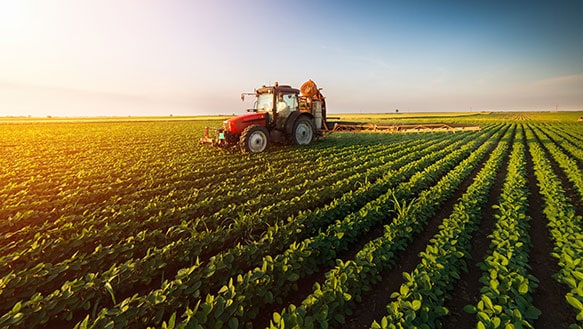
Organic pet food is more nutritious, and it’s also made from higher-quality ingredients. However, it’s more expensive than conventional food.
This is because it requires more natural ingredients and can be more difficult to produce. It also contains no synthetic preservatives, colors, or flavors.
Better Quality of Ingredients
When it comes to the ingredients that make up a healthy pet food, you'll find that organic and natural foods tend to have higher quality proteins, whole grains, wholesome vegetables and fruits, and essential vitamins. These foods also have less of the artificial preservatives, growth hormones and other chemical additives that many conventional dog foods contain.
The high-quality proteins in organic foods make digestion easier for pets. Adding easily digestible and natural whole grains to the mix makes it easier for pets to get the nutrients they need.
Organic meats and eggs also come from animals that are not treated with antibiotics or hormones. In addition, they are raised on organic feed and given access to the outdoors.
This means that a pet who is on an organic diet will experience better digestion and less gas. They'll also poop less often and have fewer symptoms of irritable bowel syndrome.
No Chemicals or Preservatives
Organic pet foods are free of chemicals or preservatives that can be harmful to your dog or cat. Most commercial pet foods contain artificial chemicals that are added to keep the food fresh and prevent spoilage.
Many of these preservatives are known to be carcinogenic in humans. Some of the more commonly used chemical preservatives in pet food are ethoxyquin, BHT, and BHA.
Some organic pet foods use natural preservatives like Vitamin C (ascorbic acid) and Vitamin E (tocopherols). This is a great way to provide your companion animal with a more healthy diet.
If you are concerned about a product being organic, look for the USDA logo. The USDA regulates organic products to ensure they are grown without pesticides, fertilizers, sewage sludge, or irradiation.
Fewer Recalls
Many people have heard that organic pet foods tend to have fewer recalls than their conventional counterparts. This is because organic pet food manufacturers often test their ingredients and finished products before they are sold to make sure they meet the standards for organic.
One company that carries organic pet foods has recalled several production lots because they tested positive for Salmonella and Listeria monocytogenes. This latest recall involved eight production lots, some dating as far back as 17 months ago.
Unlike the massive melamine recall of 2007 that affected both pets and humans, most of these recalls involve the quality of the ingredients or how they are handled before they get to a consumer. Regardless, the FDA takes all pet food recalls seriously and works to make sure that only safe products are sold. For this reason, it is important to buy only high-quality, organic pet foods. This will help prevent your dog or cat from becoming sick.
Better Health
The higher quality of organic pet foods can make a huge difference in your dog or cat’s health. This is because these foods often contain high amounts of proteins and wholesome whole grains, which help improve your pet’s immune system.
They may also benefit from a diet that’s rich in vitamins and minerals. These nutrients can aid in improving their skin and coat, as well as give them increased energy and a healthier weight.
Organic pet foods may also be easier for your animal to digest, which can alleviate digestive problems like gas, bloating and diarrhea. It also helps prevent them from overeating and becoming overweight, which can lead to serious illnesses later on in their lives.
Unlike conventional food, organic food does not include artificial ingredients or additives that can cause allergies to your pet. This makes it an ideal choice if your dog is prone to skin irritations or other allergy-related issues.
Frequently Asked Questions
What are organic foods?
Organic produce can be grown without the use of pesticides or synthetic fertilizers. There is no use of growth hormones and no animal testing. These crops can be grown naturally by farmers, and they don't need to be treated with chemicals to control pests or weeds.
Organic farming practices also maintain soil quality by reducing erosion and conserving water resources. In addition, organics are better for our health because they contain more nutrients than conventional food. Organic products are more nutritious than conventionally grown foods and have lower calories and fiber.
Is organic food healthier?
There are two types: foods that we grow and those that we purchase from others. Although there are exceptions to each category, most of the answers to your question are yes. Organic food is healthier since it doesn't include any harmful chemicals.
You can find organic food in supermarkets across North America, Europe, Asia, Latin America, and Africa. Most grocery stores now carry organic food, making it easier for consumers to choose organic products.
Organic food tastes better and is more nutritious, as it has higher levels of vitamins and minerals. In addition, organics are usually grown without applying synthetic fertilizers and pesticides, which means they do not pollute our soil and water supply.
The USDA regulates organic farming practices. They require farmers to follow strict guidelines so that organic produce can be eaten safely. There are currently more than 30,000,000 acres of US farmland which have been designated organic.
Organic food is often less expensive than conventional food. The same amount of nutrients, calories, and protein is being offered by organic food, but consumers are often paying less. Organic farms don't have the expense of expensive chemical inputs, such as insecticides and/or fungicides. They can charge lower prices.
According to the Environmental Working Group organic food is 10 percent cheaper per pound than conventionally manufactured food. If you care about the health of yourself and your family, consider switching to organic food.
Organic food has become an increasingly popular alternative to American standard diets. Although many may think that organic food is only available at specialty markets and gourmet restaurants, this isn't true. You can easily purchase organic food in regular grocery stores throughout the United States.
Recent years have seen a significant increase in organic food sales. The US market value of organic foods was $43Billion in 2012, up from $21B in 2007.
What are natural beauty products?
Organic Beauty Products are natural products without synthetic chemicals such as petroleum, parabens, phenoxyethanol, phthalates, and artificial preservatives. These ingredients are present in all conventional beauty products including shampoos and cosmetics.
Organic beauty products can also be made without animal testing, and they do not contain any genetically altered organisms (GMO).
The USDA defines the term' organic' as "a system of production that fosters cycling of resources" and has been used for decades to describe foodstuffs grown without pesticides.
Because of the damaging effects of chemical substances on our health, there has been an increase in demand for eco friendly beauty products.
These include allergies, cancer, skin irritation, hormonal imbalance, early aging, and skin irritation.
Organic beauty products are created by companies that care about the environment and create safe, healthy products for customers.
How can you tell organic food from non-organic?
Any chef will tell you fresh ingredients are more important than any other ingredient. We feel better when our food is good.
This holds true for our food. When we buy organics, we know exactly where it came from and how it was grown. We also know that it wasn't treated with harmful chemicals.
Organic foods can be made without synthetic pesticides. Organic farmers aren't allowed to use these substances.
But that doesn't mean there isn't an art to growing organic crops. There are many safe ways to grow them.
Organic farming is often called sustainable agriculture. It is a less resource-intensive alternative to conventional farming, but still provides enough nutrients to sustain life.
Organic farming techniques include crop rotation and cover cropping. These techniques help prevent soil erosion and improve water quality.
They also reduce chemical runoff into waterways. Because most people live in urban areas, it is easy to find farms that grow organic produce.
There are two types of certification programs for organic products. The USDA National Organic Program certifies the one while the independent certifying agency certifies the other. Both require strict adherence of organic standards.
USDA seals and O Seals may be used to identify organic products that meet federal standards.
Statistics
- As for organic meat, regulations require that animals be raised in living conditions that accommodate their natural behaviours (like the ability to graze on pasture), fed 100% organic feed and forage, and not administered antibiotics or hormones. (usda.gov)
- When packaged products indicate they are “made with organic [specific ingredient or food group],” they contain at least 70% organically produced ingredients. (usda.gov)
- Once certified by the USDA, it can fall into one of four categories: "100 percent organic", "organic," "made with organic ingredients," or "made with less than 70 percent organic ingredients. (en.wikipedia.org)
- To provide the highest quality products and services to every customer, with a dedicated workforce that puts the customer first and takes the extra step to achieve 100% customer satisfaction and loyalty. (hollinsorganic.com)
External Links
ams.usda.gov
sciencedirect.com
- The health effects of organic foods and their impact on the human body: A review of the status quo and future prospects of research – ScienceDirect
- Technical Note: Simultaneous carotenoid- and vitamin analysis of milk coming from total mixed ration-fed cattle optimized for xanthophyll discovery - ScienceDirect
usda.gov
doi.org
- Occupational Pesticide Exposures and the Cancer Risk: A Review. Journal of Toxicology and Environmental Health. Part. B. Vol 15, Issue 4.
- Genetically modified foods: Safety, Risks and Public Concerns - A Review - Journal of Food Science and Technology
How To
5 Reasons to Buy Organic Products
Organic foods are organically grown without the use of pesticides or synthetic fertilizers. They are free from genetically modified organisms and irradiated substances. Their production processes do not include sewage or industrial solvents. During its growing cycle, the food's natural environment will be protected from contamination. It does not contain artificial preservatives or additives. There are no hormones and antibiotics used. They are also grown in conditions that ensure they retain their nutritional value for longer periods of time.
- Health benefits. Organic produce contains less chemicals than nonorganic. This means it's less likely to cause allergies and sensitivities. This also means that you are consuming less toxins and carcinogens.
- Eco-friendliness. Produce grown without pesticides or synthetic fertilizer needs very little water. Organic farms are located far from cities where there is a lot of pollution, because they require so much energy to grow. This helps reduce pollution.
- Sustainability. Organic farming is based on soil fertility and not chemical fertilizers. This results in soils that are healthier and have higher levels of organic matter. Rotating crops and allowing the soil to rest between harvests improves soil health. Strong immune systems develop when farm animals are fed only grasses grown without antibiotics or added hormones.
- Taste. Because they are picked at their peak ripeness and then shipped long distances to supermarkets, conventional fruits and vegetables can often taste bland. Organic produce tastes sweeter and more rich because it was picked when it was still young.
- Nutrition. Many conventional processed foods contain harmful substances like BPA and GMOs. Avoid these harmful chemicals by eating whole foods, such as meat, eggs and fish, seeds, legumes, fruits, vegetables, herbs, and beans.
Resources:
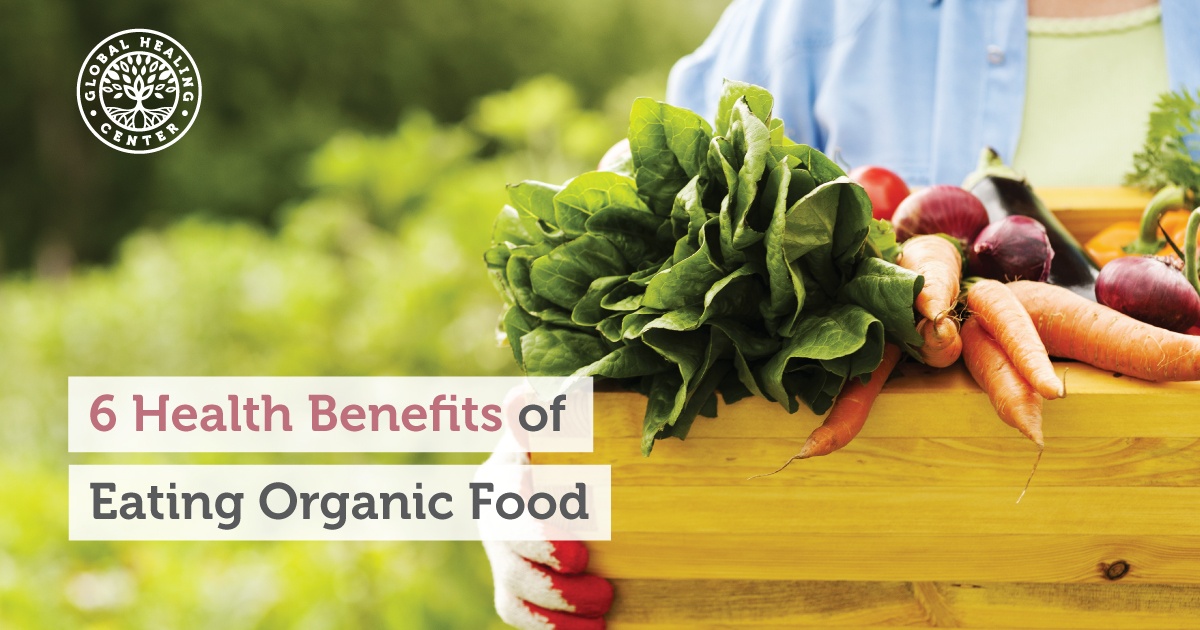 |
Nuts and SeedsNuts and seeds are nutrient-rich crunchy tidbits that add a protein, fiber and healthy fat punch to meals and snacks. They’re also a great source of.. |
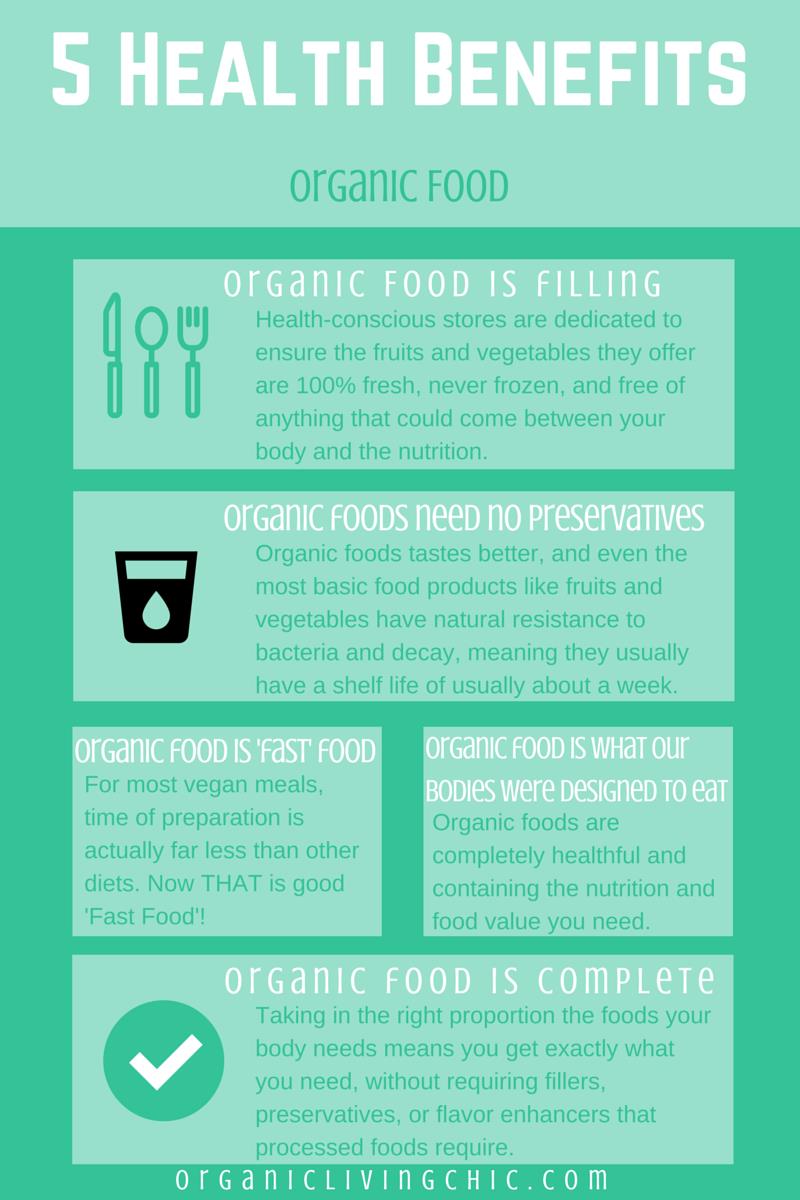 |
Organic Food For A Six Pack? The TRUTH About Organic vs Conventional Foods!Get ripped and keep your strength: http://goo.gl/uLzHn6 Hey guys, it's Clark over at Six Pack Shortcuts and today we're gonna talk about organic vs |
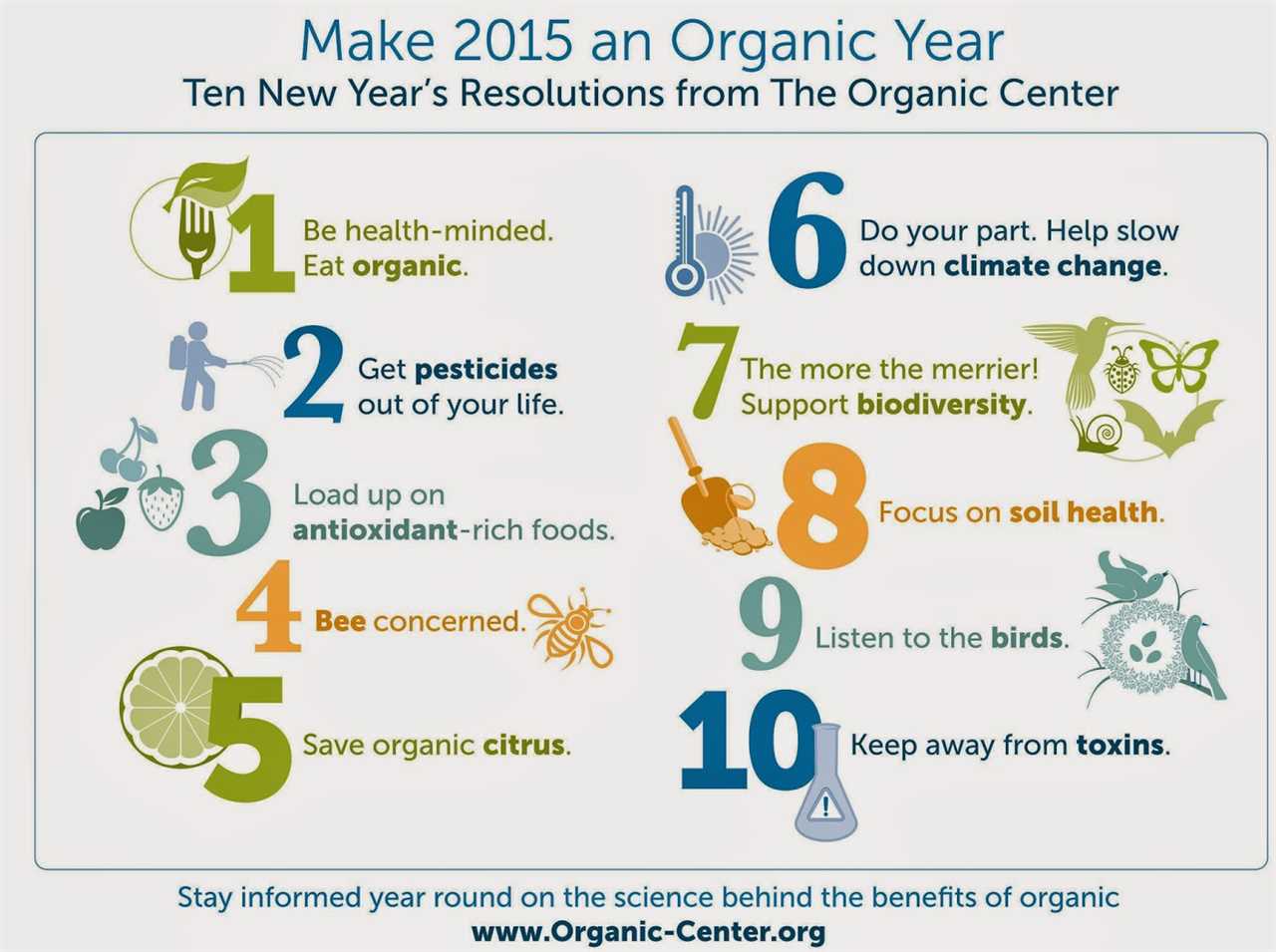 |
Organic vs Conventional Produce - The Dirty Dozen & Clean 15 ExplainedClick https://skl.sh/flavcitywithbobbyparrish to get 2 months of Skillshare for FREE! Here is a full review of the dirty dozen fruits and vegetables and |
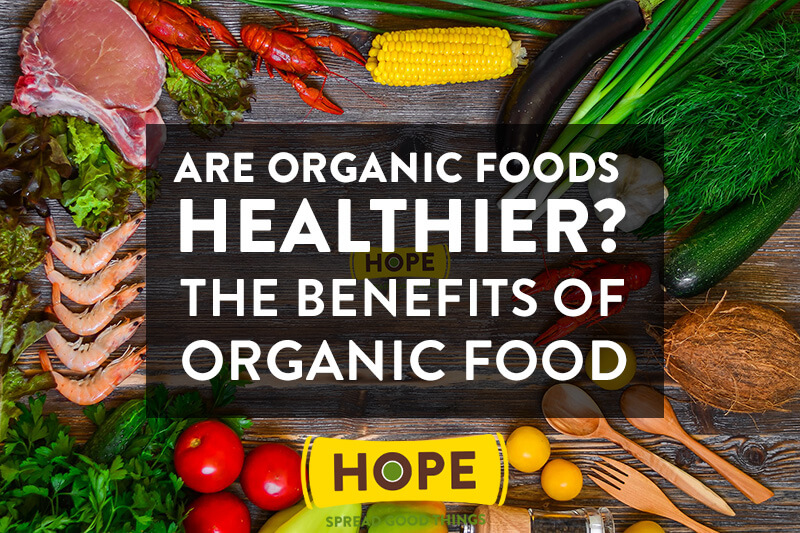 |
Are Organic Foods Really Healthier?It's widely believed that organic foods are more nutritious and safer than non-organic foods, even though the evidence is far from clear. Food certified as |
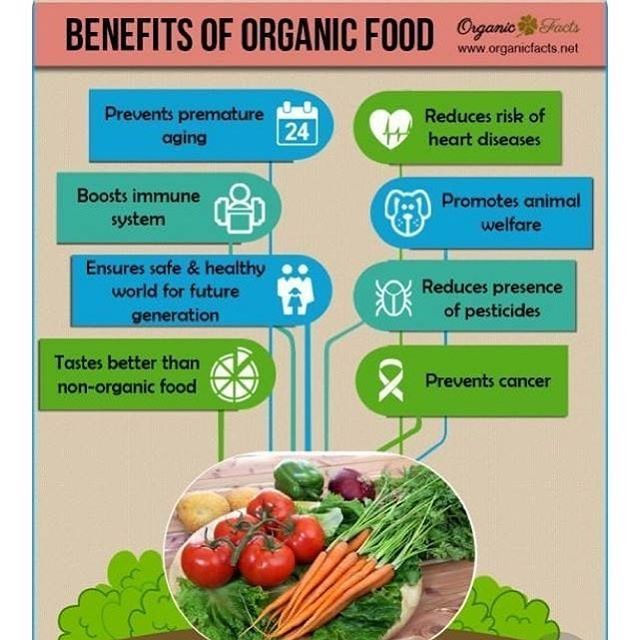 |
Are GMOs Good or Bad? Genetic Engineering & Our FoodAre GMOs bad for your health? Or is this fear unfounded? OUR CHANNELS German Channel: https://kgs.link/youtubeDE Spanish Channel: |
 |
How the food you eat affects your brain - Mia NacamulliView full lesson: http://ed.ted.com/lessons/how-the-food-you-eat-affects-your-brain-mia-nacamulli When it comes to what you bite, che […] |
 |
Is Buying Organic Food Worth The Cost?Subscribe to Goodful: https://bzfd.it/2QApoPk Goodful Goodful Feel better, be better, and do better. Subscribe to Goodful for all your healthy self care |
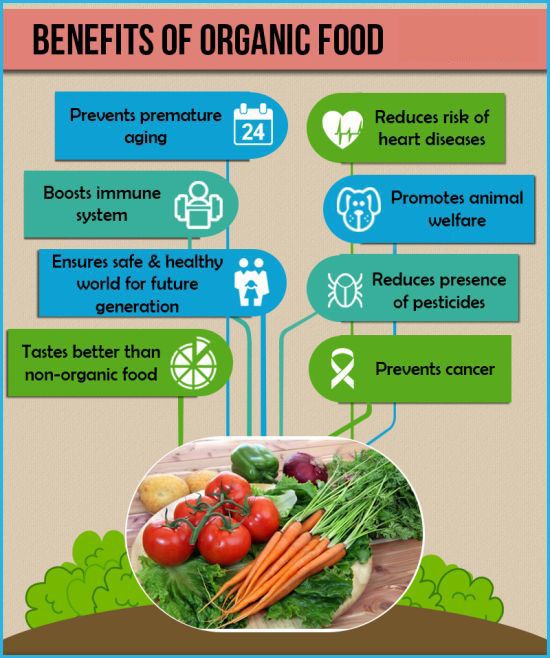 |
Benefits of Choosing Organic Gluten-Free OptionsIf you’ve been diagnosed with gluten sensitivity or celiac disease, you know how hard it can be to avoid foods containing wheat and other grains. But |
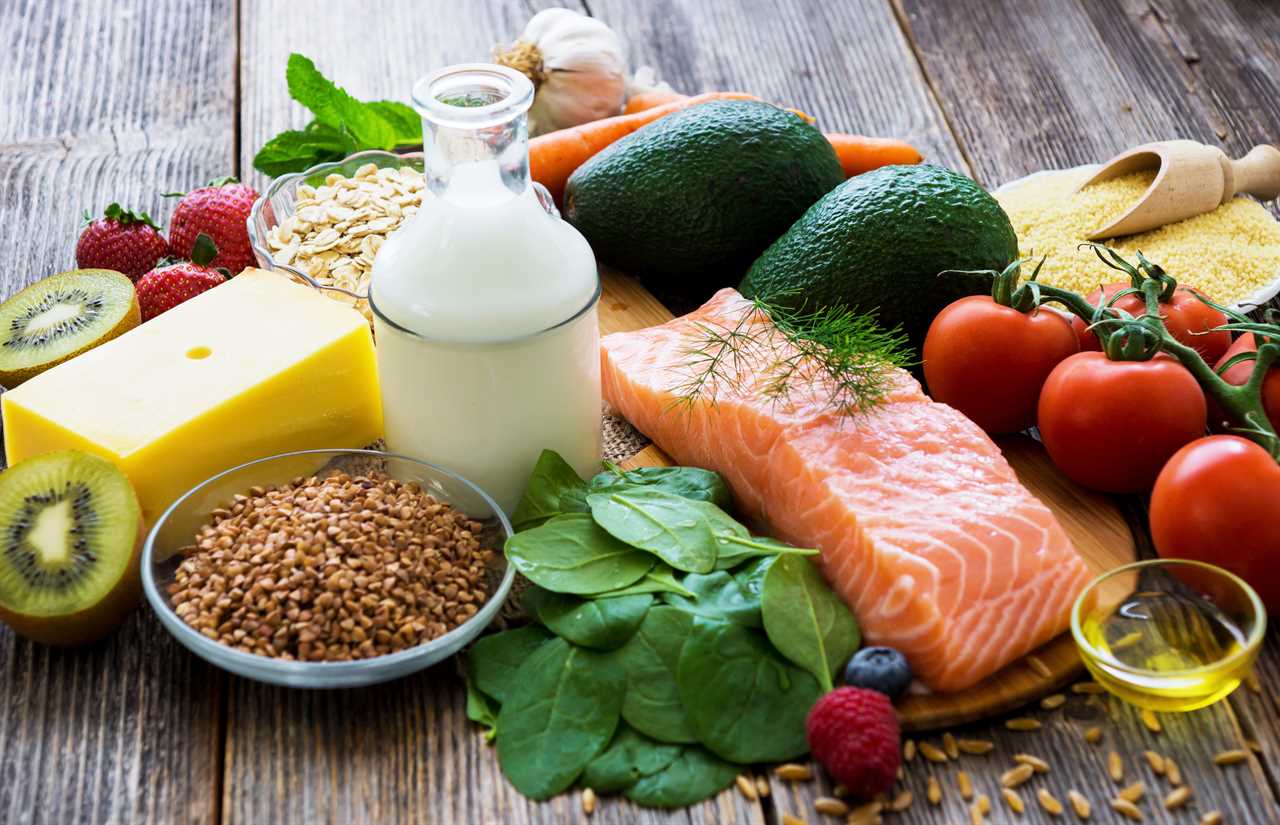 |
Joseph Wang LIVE (Bank Bailouts and Moral Hazards Deep Dive)buy my stuff Come to rebel capitalist live at https://rebelcapitalistlive.com Check out my private, online investment community (Rebel Capitalist Pro) |
 |
Organic Farming and Soil HealthOrganic farming practices promote soil health through crop rotations, symbiotic associations, cover crops and minimum tillage. These management.. |
 |
Research Reveals How Your Body Reacts When You Eat Only Organic FoodsThere is a growing belief that organic foods are healthier for us than non-organic foods. This ever-increasing belief is responsible for significant growth in |
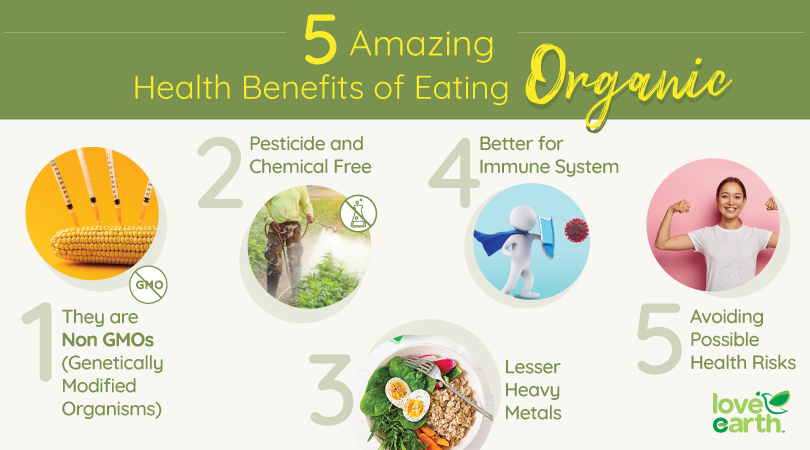 |
Stop Wasting Money on These ORGANIC Veggies (you don’t need to buy them organic)Click Here to Subscribe: http://Bit.ly/ThomasVid Get MY Recommendation on Groceries Delivered to Your Doorstep with Thrive Market: http: […] |
 |
If You Eat an Avocado a Day For a Month, Here''s What Will Happen to YouWhat Will Happen to Your Body If You Eat Avocado Every Day. The avocado is a unique fruit with multiple nutritional and health benefits. How would your body |
 |
Korean GardeningKorean gardening is one of the oldest ways to grow plants. It involves planting herbs, fruits, and vegetables that are used in kimchi, a type of.. |
 |
The Rodale InstituteThe Rodale Institute is a nonprofit organization that aims to support research into organic farming. It was founded in 1947 by J. I. Rodale, an.. |
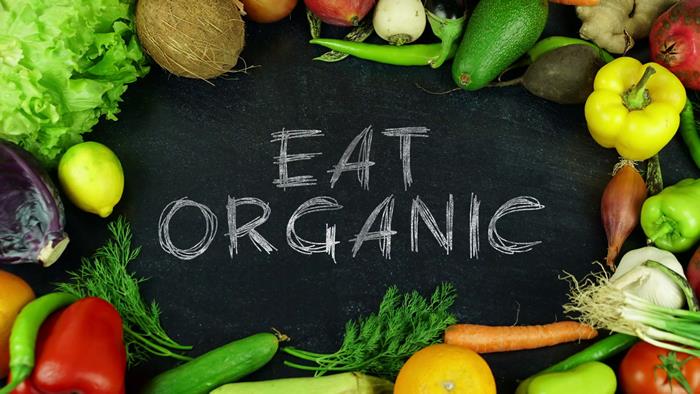 |
Organic eatingOrganic Cultur |
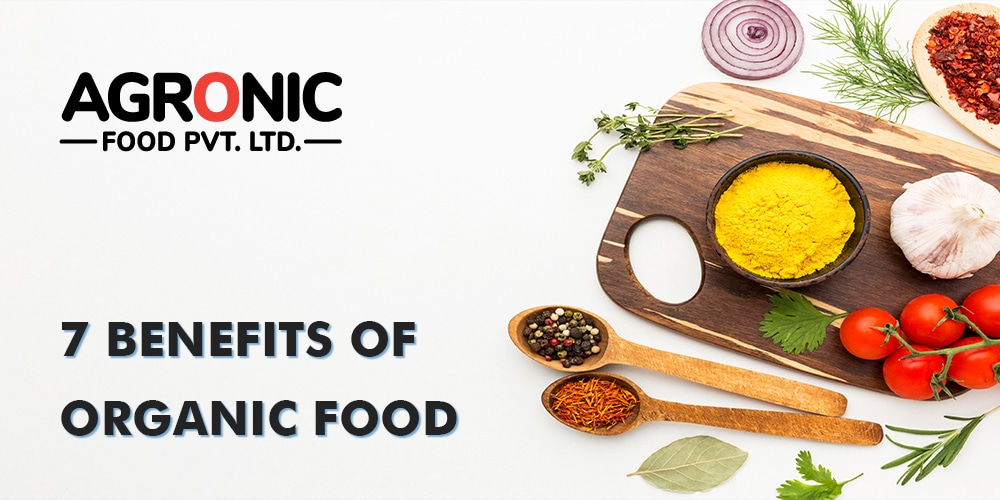 |
What is a Conventional Farm?Conventional farm is the term used to describe a farm that is not organic. It is a form of agriculture that is associated with better soil quality,.. |
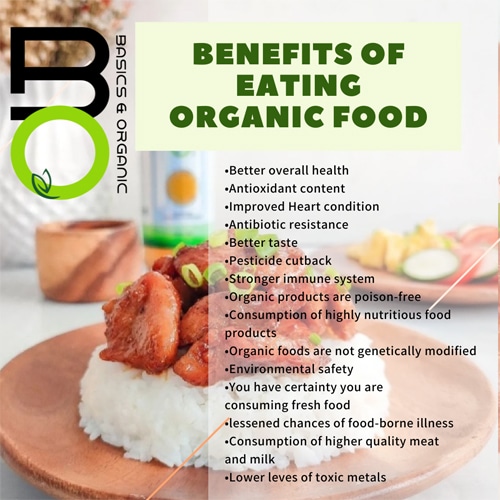 |
Chhattisgarh's Organic Farming SchoolsThe government of Chhattisgarh has started to introduce organic farming schools. This initiative is intended to provide the young generation with the |
 |
Can Organic Be GMO?The question Can organic be GMO is an ongoing debate among many consumers. While it's possible to eat foods that have been produced using genetic.. |
 |
When Did Organic Food Start?The answer to the question when did organic food start? will vary depending on the time period in which you are looking at. For instance, it may be a |
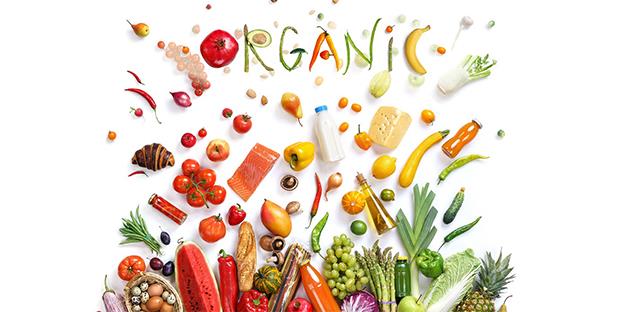 |
Organic Farming PrinciplesOrganic farming is a practice that is designed to be sustainable and healthy. Its principles include avoiding harms produced by industrial farming.. |
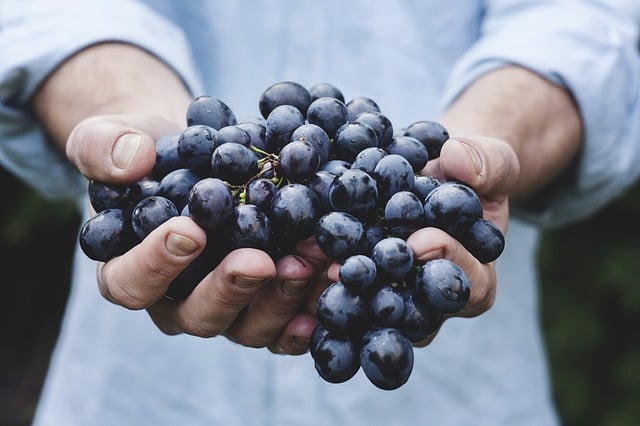 |
Soil Composition and BiodiversityThe soil that we have around us is a vital part of our lives. It is the home for many plants and animals. It also has a texture, a color, and many.. |
 |
The Benefits and Pitfalls of Organic Farming OrganizationsOrganic farming is an approach to farming that is not only ecologically sound, but also financially feasible. It is a method that is free from.. |
 |
Exotic VegetablesWhen it comes to vegetables, there are plenty of choices to choose from. Some of the most popular choices include broccoli, corn, carrots, and.. |
 |
Learn How to Become an Organic Farmer Through a Training ProgramIf you are looking to become an organic farmer, there are several ways you can do so. One option is to take a training program that will teach you.. |
 |
Benefits of Cover CropsIf you aren't familiar with cover crops, you may be surprised to learn that they are plants that are planted to grow on top of the soil to help.. |
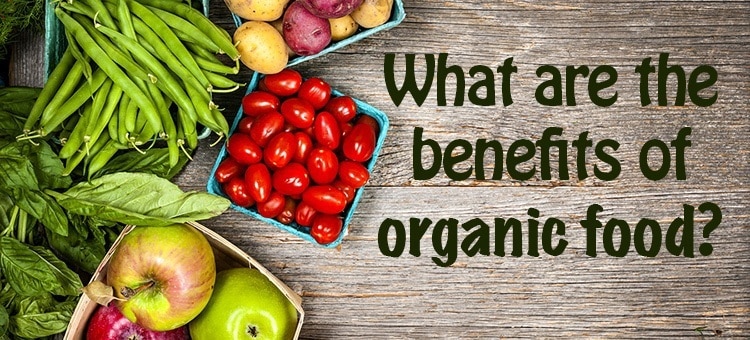 |
What is Organic Cotton?Organic cotton is the type of cotton that is grown without using pesticides or chemicals. It is also the type of cotton that is grown in subtropical.. |
 |
Is Organic Farming Beneficial to Biodiversity?Organic farming is a growing interest in the scientific community, and researchers have been investigating whether the practice is beneficial to.. |
 |
The Benefits of CompostingComposting your waste can be a very effective way of ensuring that your organic material is being broken down to the best of its ability. When.. |
 |
The Difference Between Organic Milk and Regular MilkOrganic milk is a type of milk that comes from livestock that is raised according to organic farming methods. This is a term that is regulated by.. |
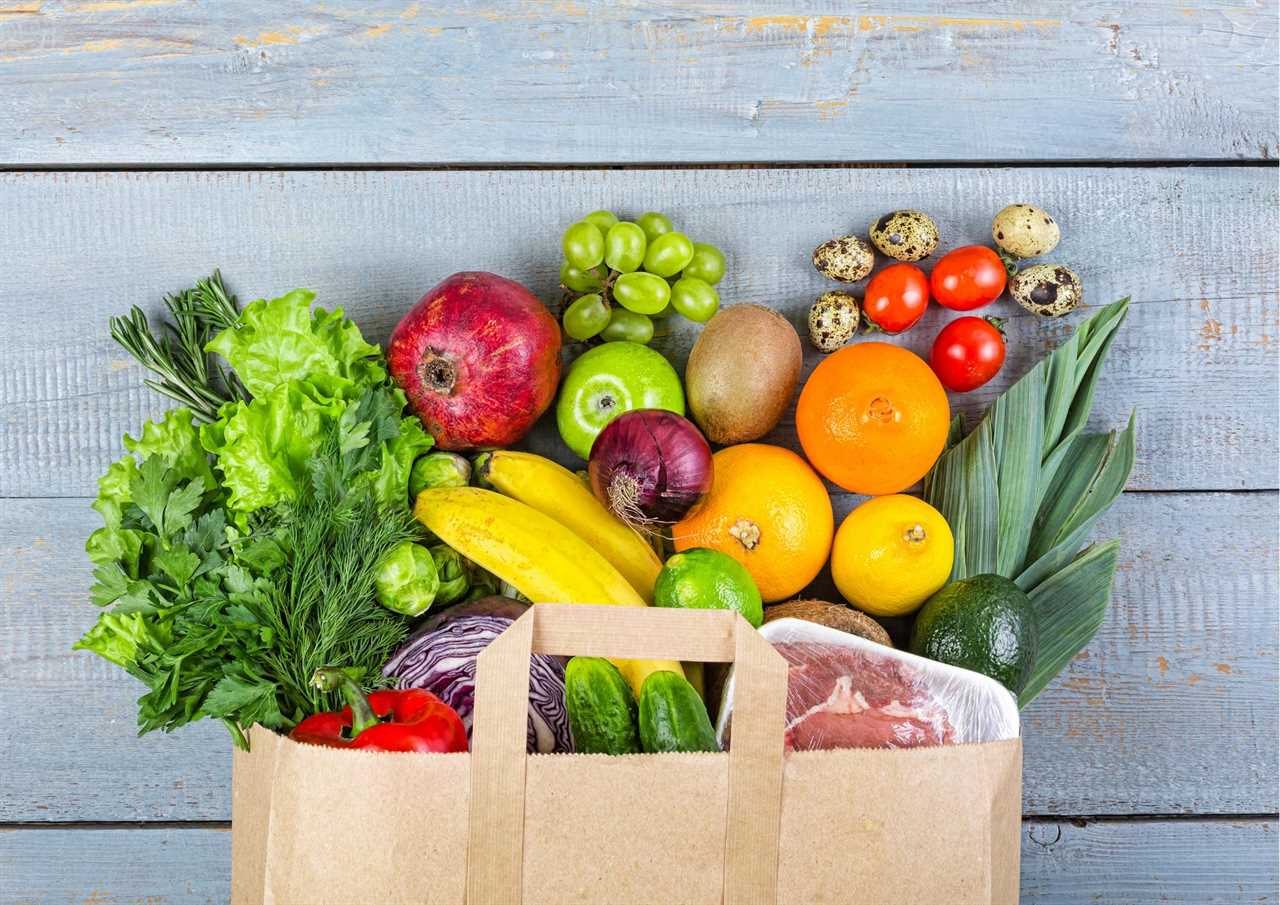 |
Organic Farming MagazineOrganic farming magazine is a resource that provides you with the latest information on organic agriculture, health, and sustainability. It also.. |
 |
The Latest Research on Organic | The Organic CenterResearched articles about eating Organic food |
.png)





